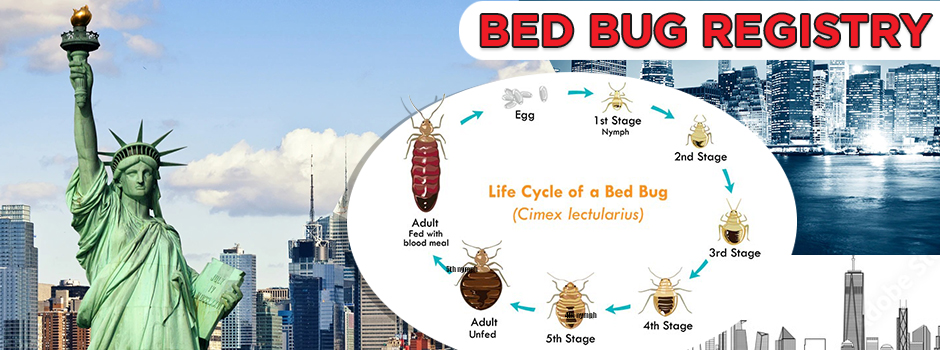A NEW hard-to-kill species of bed bugs may explain why US and 50 other ... trends now
A new harder-to-kill species of bed bug is invading the US, experts say and may already have taken up residence in many northern cities.
Once confined to countries near the equator, the species known as Cimex hemipterus or the tropical bed bug has already been confirmed in Florida and Hawaii.
Unlike the common bed bug, the blood-sucking insect is resistant to virtually all insecticides likely thanks to their rampant overuse against mosquitoes.
Its body composition means it is also able to evade traps like smooth-walled pitfall traps, which are set up underneath bed legs to catch the critters.
It comes as outbreaks of the pest are rising in as many as 50 countries.Across the US, the cities experiencing the most outbreaks are in the Mid-West.
Chicago, New York and Philadelphia residents should inspect their mattresses as experts report their cities ranked first, second and third for bed bugs in 2023. The new findings were built off economic data from both residential and commercial bed bug treatments
Bedbugs are not disease carriers, but being bitten by one causes itchy red welts on the skin similar to poison ivy
Entomologists at the University of California, Riverside, revealed the worrying spread of the blood-sucking critter in an article published in the Annual Review of Entomology.
While nearly all cases were restricted to deprived areas of Africa and Asia after the mass use of insecticides nearly eradicated them in the wake of the Second World War, the insects have now 'resurged' and spread back into parts of Europe and America.
Researchers say the tropical bedbug was spotted in Florida in 2016 for the first time in 60 years, and then in Hawaii where it was reported in 2020.
Researchers fear, however, that heating and air con keeping buildings at constant temperatures year-round and the sudden return to pre-pandemic travel and more people traveling may have fueled the spread alongside resistance to insecticides.
Cases of the insects being detected as far north as Russia and Norway suggest they are now able to survive in colder areas, they said.
There are also fears that the pest could carry and transmit more harmful diseases between humans, possibly including hepatitis.
The scientists, including Dr Chow-Yang Lee, from the University of California, Riverside, said: 'Most bed bug control products were developed for [the common bed bug], with the assumption that they would also work on [the tropical bed bug].
'However, biological differences between the species are being discovered that have implications for the management of [the tropical bed bug].
'A recent study demonstrated that [the tropical bed bug] readily escapes from pitfall traps that contain [the
read more from dailymail.....
See more here:
A NEW hard-to-kill species of bed bugs may explain why US and 50 other ... trends now -

 Residence
Residence  Location
Location 










